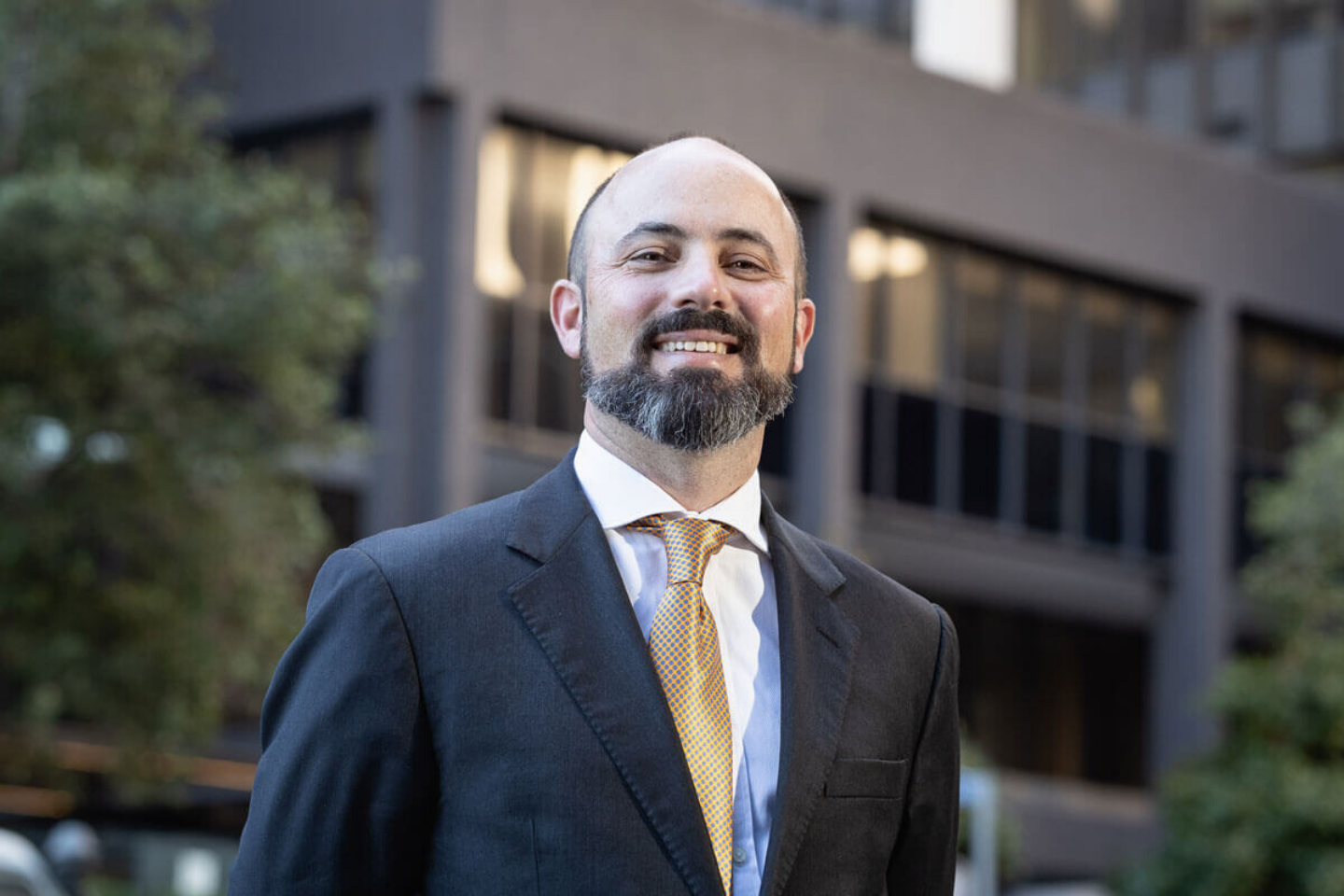Collaboration across the resources industry is one of the key changes Chamber of Minerals and Energy of WA CEO Paul Everingham has witnessed as the sector has sought to overcome the challenges of COVID-19. Click through to see the video interview.



Collaboration across the resources industry is one of the key changes Chamber of Minerals and Energy of WA CEO Paul Everingham has witnessed as the sector has sought to overcome the challenges of COVID-19. Click through to see the video interview.


Collaboration across the resources industry is one of the key changes Chamber of Minerals and Energy of WA CEO Paul Everingham has witnessed as the sector has sought to overcome the challenges of COVID-19.
Such have been the benefits of this approach to working through the global crisis that the seasoned business leader hopes it continues after the pandemic threat has receded.
In a Success and Leadership SNAPSHOT video interview, Mr Everingham told Business News he was hopeful competitors could continue working more closely together when ‘normal’ life resumed sometime in the future, and was confident new bonds across the community, including his industry, will have been formed as a result of a shared experience in dealing with the virus.
Mr Everingham said the resources companies understood that the sector’s performance during this crisis would be judged on the poorest performer, so it was in the best interests of the industry to ensure all players worked cohesively to ensure the licence to operate remained.
But the desire to keep production at full strength was not just at company level, he said.
The workforce recognised they had jobs when many did not, and state and federal governments also understood that the resources sector would again be a major income provider during a major economic downturn.
As a result of this understanding, the CME has become a vital conduit between an industry seeking a unified voice and government wanting to ensure rogue operators or poor practice did not force them to take the kind of drastic action that has seen other industries shut down.
Mr Everingham said there had been many challenges in ensuring fly-in, fly-out operations could continue, especially with the rules changing rapidly.
An example was the decision to introduce a hard border, effectively preventing FIFO workers from arriving from interstate or overseas, overturning special allowances for mining and gas companies that had briefly prevailed.
| Rank | Company | # | |
|---|---|---|---|
| 6th |  |
The Law Society of Western Australia | 35 |
| 7th |  |
Master Builders Association of WA | 32 |
| 8th |  |
Chamber of Minerals and Energy of Western Australia | 31 |
| 9th |  |
WHS Foundation | 25 |
| 10th |  |
Australian Hotels Association WA | 20 |

